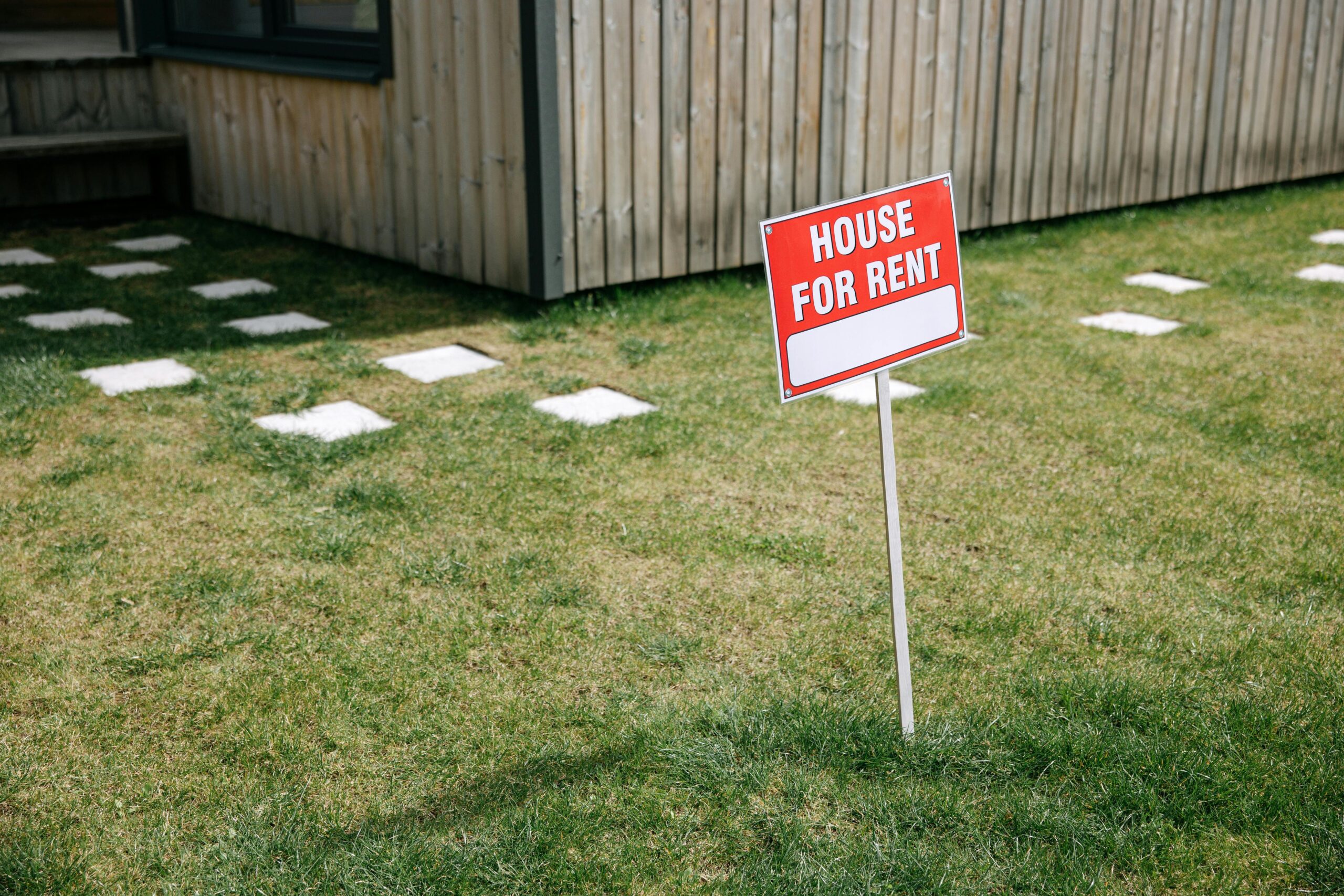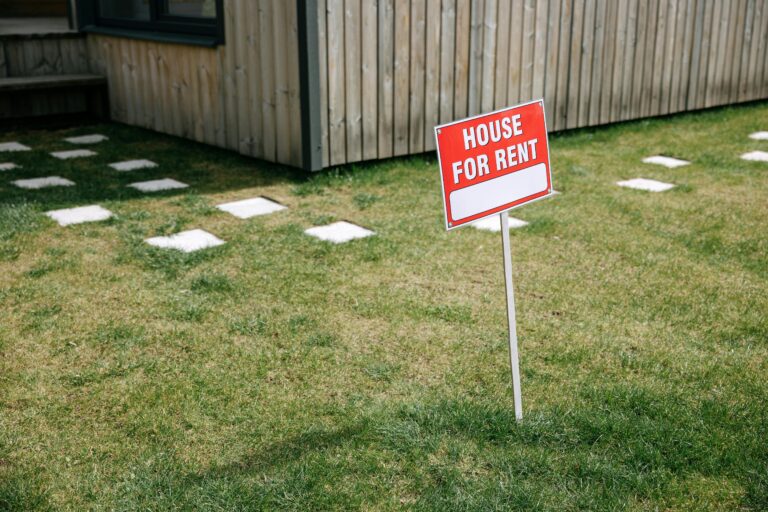
Investing in rental properties has long been considered one of the most reliable ways to build wealth. However, with the real estate market constantly evolving, many investors are questioning whether buying rental properties in 2025 is still a wise financial move. With rising interest rates, shifting tenant preferences, and new housing policies, is rental property investment still worth it? This article will explore the advantages, risks, and strategies to help you make an informed decision.
The Current State of the Rental Market
The rental market in 2025 is shaped by several key factors, including economic conditions, supply and demand, and legislative changes.
1. Interest Rates and Financing Costs
Mortgage rates have been on the rise, making it more expensive to finance rental property purchases. Higher interest rates mean higher monthly payments, which can cut into your profit margins unless you can secure a lower rate or find creative financing solutions.
2. Housing Demand Trends
Despite economic fluctuations, the demand for rental properties remains strong. Younger generations continue to rent longer due to student loan debt and high property prices. Additionally, remote work has led to increased migration to suburban and secondary markets, where rental demand is growing.
3. Rental Property Supply
Many cities have experienced housing shortages, leading to rising rental prices. However, new construction projects and government incentives for affordable housing may influence rental property supply, impacting rental rates in different regions.
Pros of Buying Rental Properties in 2025
1. Passive Income and Long-Term Wealth
One of the primary reasons investors buy rental properties is the potential for passive income. Well-managed rental properties generate consistent monthly cash flow, which can be reinvested or used to cover other expenses. Over time, property values typically appreciate, contributing to long-term wealth accumulation.
2. Tax Benefits
Real estate investors enjoy various tax advantages, including deductions for mortgage interest, property depreciation, repairs, and operating expenses. Additionally, strategies like 1031 exchanges allow investors to defer capital gains taxes when reinvesting in new properties.
3. Inflation Hedge
Real estate has historically been a strong hedge against inflation. As the cost of living rises, rental income tends to increase as well, protecting investors from the eroding effects of inflation.
4. Diversification of Investment Portfolio
Owning rental properties can diversify your investment portfolio, reducing dependence on volatile assets like stocks. Real estate investments provide stability and tangible value, making them an attractive option for wealth preservation.
Cons of Buying Rental Properties in 2025
1. High Initial Costs and Interest Rates
With higher home prices and interest rates, purchasing a rental property requires more upfront capital. Investors must carefully analyze the financial feasibility before committing to a property.
2. Increased Regulations and Tenant Protections
Governments are implementing stricter regulations to protect tenants, including rent control measures and eviction moratoriums. While these policies help tenants, they can limit landlords’ flexibility and profitability.
3. Property Management Challenges
Managing rental properties involves responsibilities like tenant screening, maintenance, and dealing with vacancies. Hiring a property management company can alleviate these challenges, but it comes at an additional cost.
4. Market Uncertainty
Economic downturns, job losses, and unforeseen crises can impact rental demand. Investors must be prepared for market fluctuations and have contingency plans to mitigate risks.
Strategies for Successful Rental Property Investment in 2025
1. Choose the Right Location
Location remains a critical factor in rental property investment. Look for areas with strong job growth, good schools, and access to amenities. Emerging markets with affordable prices and high rental demand can offer excellent investment opportunities.
2. Focus on Cash Flow
While property appreciation is desirable, positive cash flow should be your primary focus. Ensure rental income exceeds expenses, including mortgage payments, property taxes, maintenance costs, and insurance.
3. Consider Alternative Investment Models
If purchasing a traditional rental property is not feasible, explore alternative models like co-living spaces, short-term rentals, or rent-to-own properties. These options can offer higher returns and flexibility.
4. Utilize Smart Financing Options
Look for creative financing strategies to minimize costs. Options include:
- Seller financing
- Partnering with other investors
- Using HELOCs (Home Equity Lines of Credit)
- House hacking (living in one unit while renting others)
5. Stay Informed on Market Trends
Real estate trends shift rapidly, so staying informed about market conditions, legislative changes, and economic factors can help you make better investment decisions.

Is Buying Rental Property Still Worth It in 2025?
Despite the challenges, buying rental properties in 2025 can still be a lucrative investment if approached strategically. With rising interest rates and evolving market conditions, investors must conduct thorough research, choose the right locations, and focus on cash flow to ensure profitability. By leveraging creative financing options and staying informed about industry trends, rental property investment remains a viable wealth-building strategy for those willing to adapt to the changing landscape.





